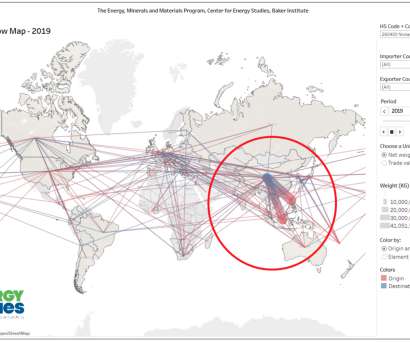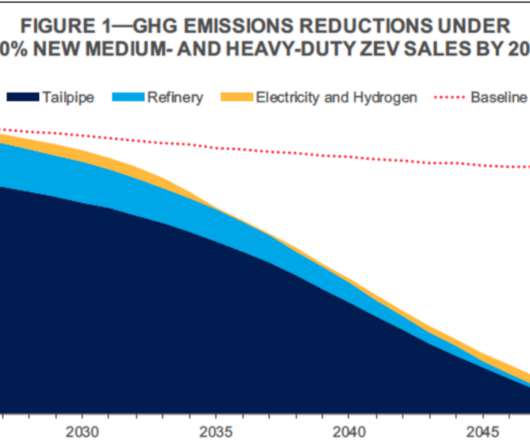Baker Institute report: China has positioned itself as a gatekeeper to the energy transition; nickel case study
Green Car Congress
APRIL 21, 2022
Russia’s invasion of Ukraine and other recent developments, not least post-pandemic recovery, undermined Tsingshan’s short position, forcing the company to purchase nickel at increasing prices to cover the positions, and the LME to increase margin requirements for market participants. Nickel is no exception. —“Need Nickel?”.




















Let's personalize your content